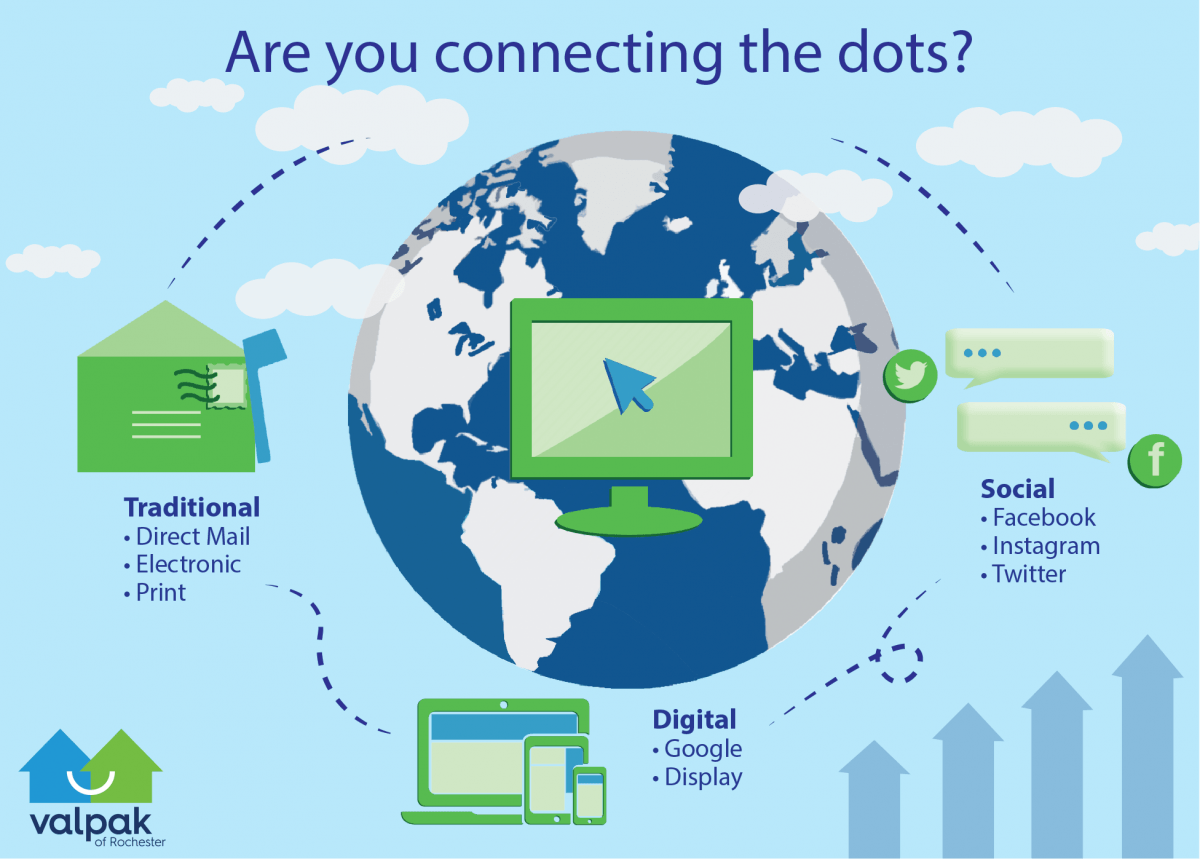January 25, 2019
Anytime someone wants to learn more about a brand or its products, what’s the first thing they do? Pull up their search engine of choice, and search the brand name - what they find (or don’t) often immediately shapes their perception of the brand or company. Does their website look trustworthy? Are all of the details you’re looking for accessible? Is it easy to use the site and is this truly an indication of what doing business with this company will be like? To put it simply, your website speaks volumes about your brand, for better or worse!
So much information (tangible & inferred) is gained by your existing customers and prospects through your website. It absolutely should be considered the centerpiece of your large, modern marketing ecosystem, as well as the cornerstone of your brand. Your website is the place where you have the opportunity to communicate your culture, brand, and most importantly your story to enthusiasts. This is often where the decision is made by your prospective customers to interact with your company further and take the next step to immediately purchase a product, pick up the phone and call you, or opt-in to receive regular content. This is true for both B2B and B2C websites.

With all of this talk about website importance in marketing efforts, it goes without saying that you must invest the appropriate amount of budget, effort and time into making sure your website is everything it should be. In many cases, your website can make or break your business.
While this article isn’t about how to create the perfect website, there are a number of elements that should be considered:
- What are the goals you want to achieve from your website? Direct website sale? Opt-in to receive more info? Generate leads?
- How does your offline culture and brand get communicated through the website? Content? Video? Visually?
- What about search engines? Social media integration? SEO?
- Who are your perfect prospects?
- Do you currently have a content strategy?
A Word about the Website and Social Media Relationship
Many big brands are sending folks to Twitter or Facebook in order to drive online traffic to interact and become more personal with their brands. By sending prospects to their social channels, they’re also likely to visit the company’s website. As a bonus, the brand often gains followers of their social channels, where they have the ability to interact with prospects and customers on a day-to-day basis, which further deepens the relationship with and loyalty to the brand.
By making your website content easily shareable through social channels, your company improves the chance of attracting like-minded individuals of your brand by way of qualified referral (social proof). It is important to include links to all of your social channels and to make website content such as products, services and articles easy to share with just the click of a button!




